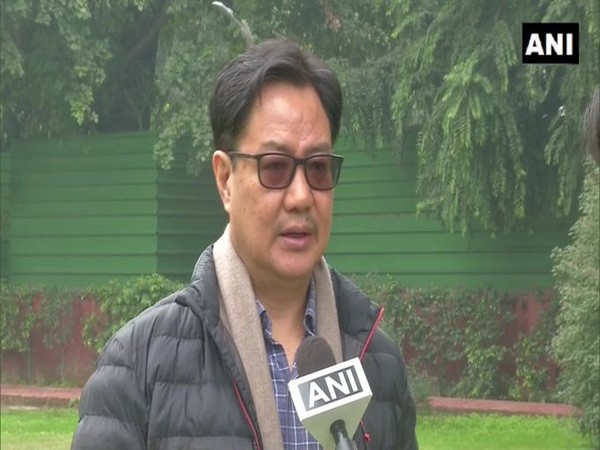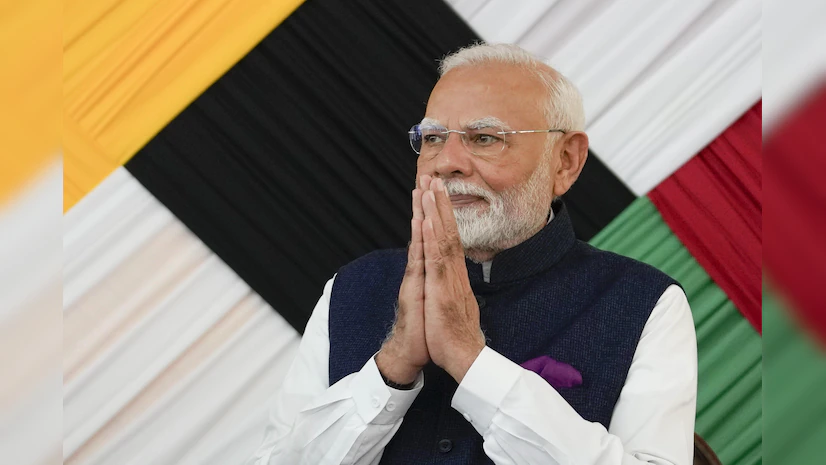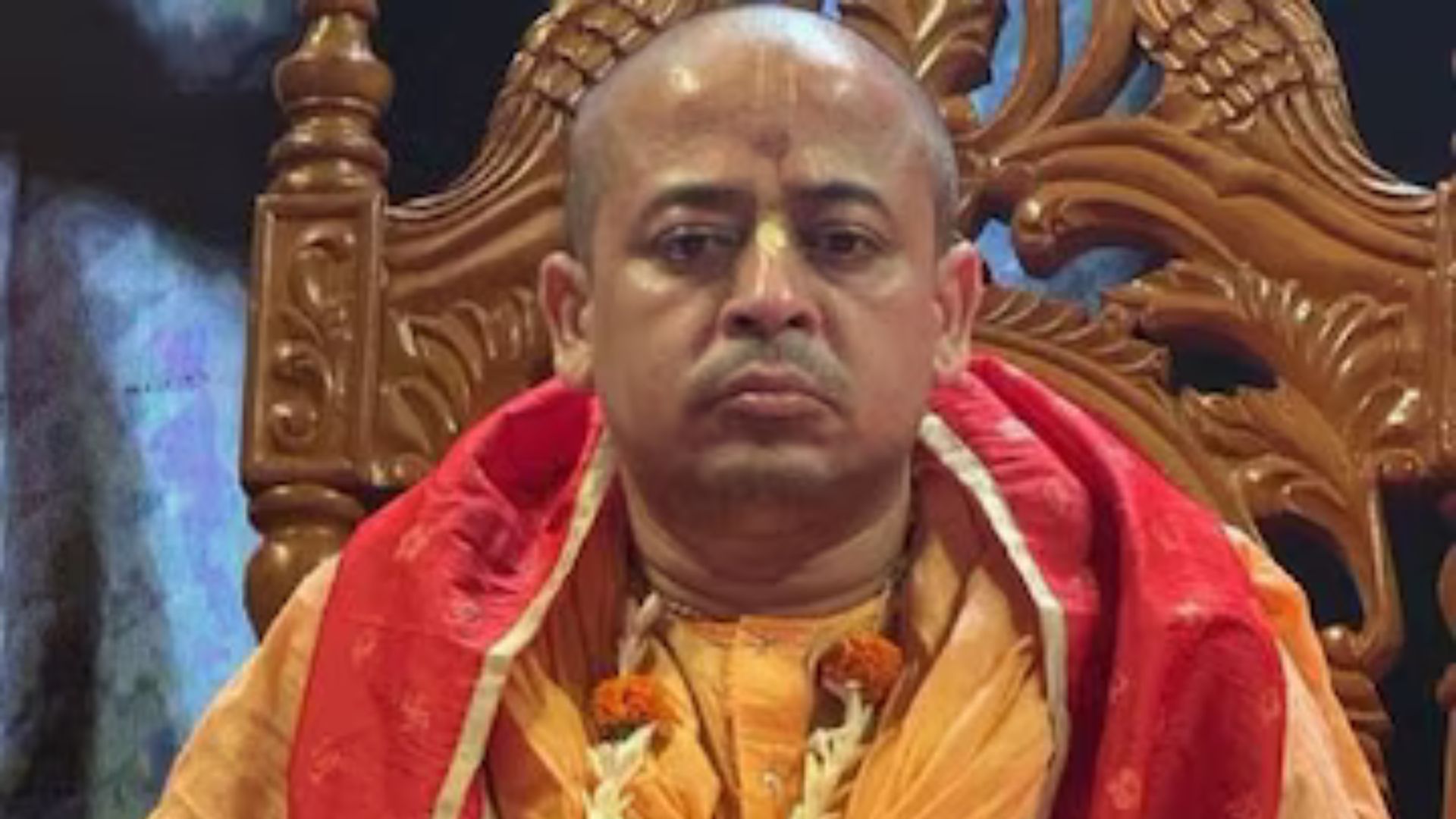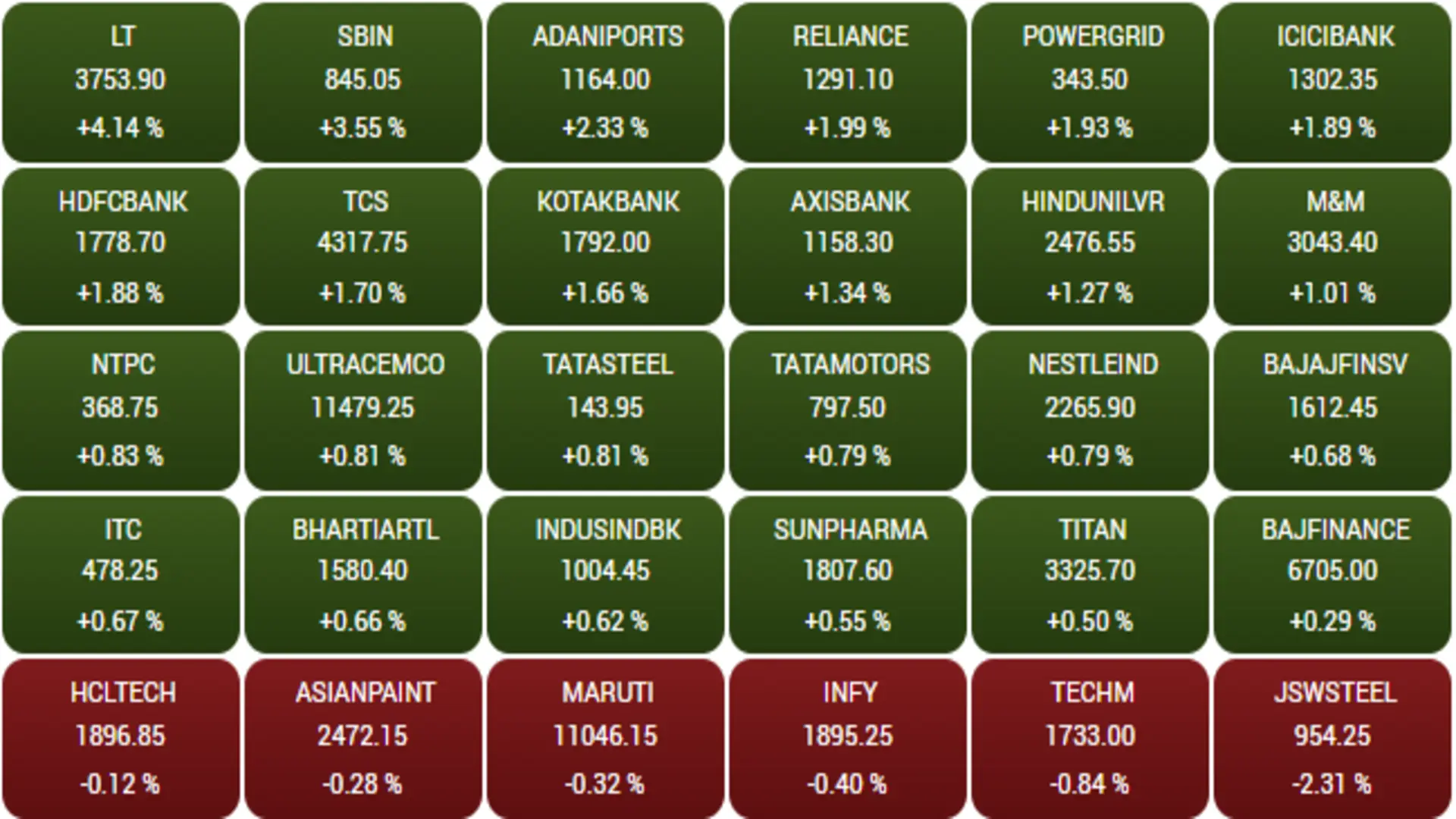
Following Union Law Minister Kiren Rijiju’s remarks on recent Supreme Court collegium resolutions while reiterating names for appointment as high court judges, former Supreme Court judge Rohinton Fali Nariman slammed the law minister on Friday, calling his remarks on the judiciary a “diatribe.” Aiming at Kijiju without naming him, the former SC judge who was a member of the collegium said, “We have heard a diatribe by the Law Minister of the day against this process.” Let me assure the law minister that there are two basic constitutional foundations that he must know. , , One fundamental is that, unlike the USA, a minimum of five unelected judges are trusted with the interpretation of the Constitution (Article 145(3)). , “There is no equivalent in the USA.” So the Constitution is trusted to be presided over by a minimum of five people. Once those five or more have interpreted the Constitution, it is your obligation as an authority under Article 144 to follow their decision. “You are free to criticize it.” As a citizen, I have no problem criticizing it. “Never forget, unlike me, who is a citizen, you are an authority, and as an authority, you are bound by that judgment, whether right or wrong,” he added. , This comes after Kiren Rijiju criticized the SC’s collegium system of seeking RAW and IB inputs on the appointment of judges in the High Courts, calling it a “matter of serious concern.” “Putting secret RAW and IB inputs (on the agenda of judges in the high courts) in public is a serious concern, and I will respond appropriately in due course,” Rijuju said. , The minister’s remarks came at a time when the government and the judiciary have differences over the process of appointing judges to the higher judiciary. Since 1993, the appointment of judges has been under the purview of the Supreme Court collegium, or panel of senior-most judges. This has been a source of contention for the central government.















